What to Know About Pump Noises
For a pump to work properly, its size should match the system's flow rate and pressure requirements.
A well-maintained pump makes a low, uniform noise, such as humming or whirring. If it suddenly starts to make a loud noise, it's a sign that some of its components aren't working properly.
Here are some of the problems associated with abnormal pump noises:
Bubbling of the liquid in the system
Bubbling liquid in the pump system is called cavitation. Mostly, it happens when pressure within the pumping system decreases. Also, it can occur if air gets trapped inside the pump. When the bubbles burst, they make a rattling sound.
Using an incorrect pump size
For a pump to work properly, its size should match the system's flow rate and pressure requirements. If a pump is too large or too small, it will cause noises in the system.
An oversized pump generates higher pressure than the liquid system can handle. The increased stress causes vibrations, which loosen connections and joints. One way of addressing noise from an oversized pipe is to reduce the pump speed. Alternatively, a homeowner can rotate the pressure valve until it stops making noises.
On the other hand, an undersized pump produces buzzing noises in the motor as it has to operate at a higher speed than intended. Apart from the noise, it can damage the motor and the impeller.
Applying contaminated oil or grease
The bearings, motor, impeller, and other parts that move as the pump operates require regular lubrication to prevent friction. If a homeowner applies oil or grease with dirt or grit by mistake, it will circulate and wear out all the moving parts. As a result, the pump produces grinding noises.
Also, contaminated oil or grease won't be able to reduce friction between the moving parts. This will produce squeaking sounds. A professional can help clean the contaminated oil and grease from the pump and inspect the damage caused.
Excessive wearing of bearings
Bearings help to rotate the impeller and other moving parts in the pump. They will show signs of wear and tear like other components for a few reasons. The obvious reasons are aging and lack of maintenance.
Continued use over the years and lack of lubrication causes the smooth surfaces of the bearings to become rough. This increases friction, which produces a vibrating noise as the parts try to move against each other. The solution for worn-out bearings is finding a replacement.
Clogging within the pump system
The sediment build-up in water passing through a pump system can clog the impeller. As a result, the pump will have to work harder to push the fluid past the blocked pathway. This strain produces noises in the system.
A homeowner must clean the whole system to fix noise from a clogged impeller. Also, adding a filter can help trap debris and prevent it from getting into the system.
Get rid of pump noises
While a little noise in the pump is acceptable, loud noises are a cause for concern. If a homeowner cannot determine where the noise comes from, they should call a professional.
Pump Repair Services provides residential and commercial pump repair services for water well pumps, water feature pumps, transfer pumps, industrial irrigation pumps, and more, as well as custom water filtration services in the Orlando area. (Sorry, no pool pumps or sewer pumps.) We offer 24-hour emergency service. Call us at (407) 625-5499.

